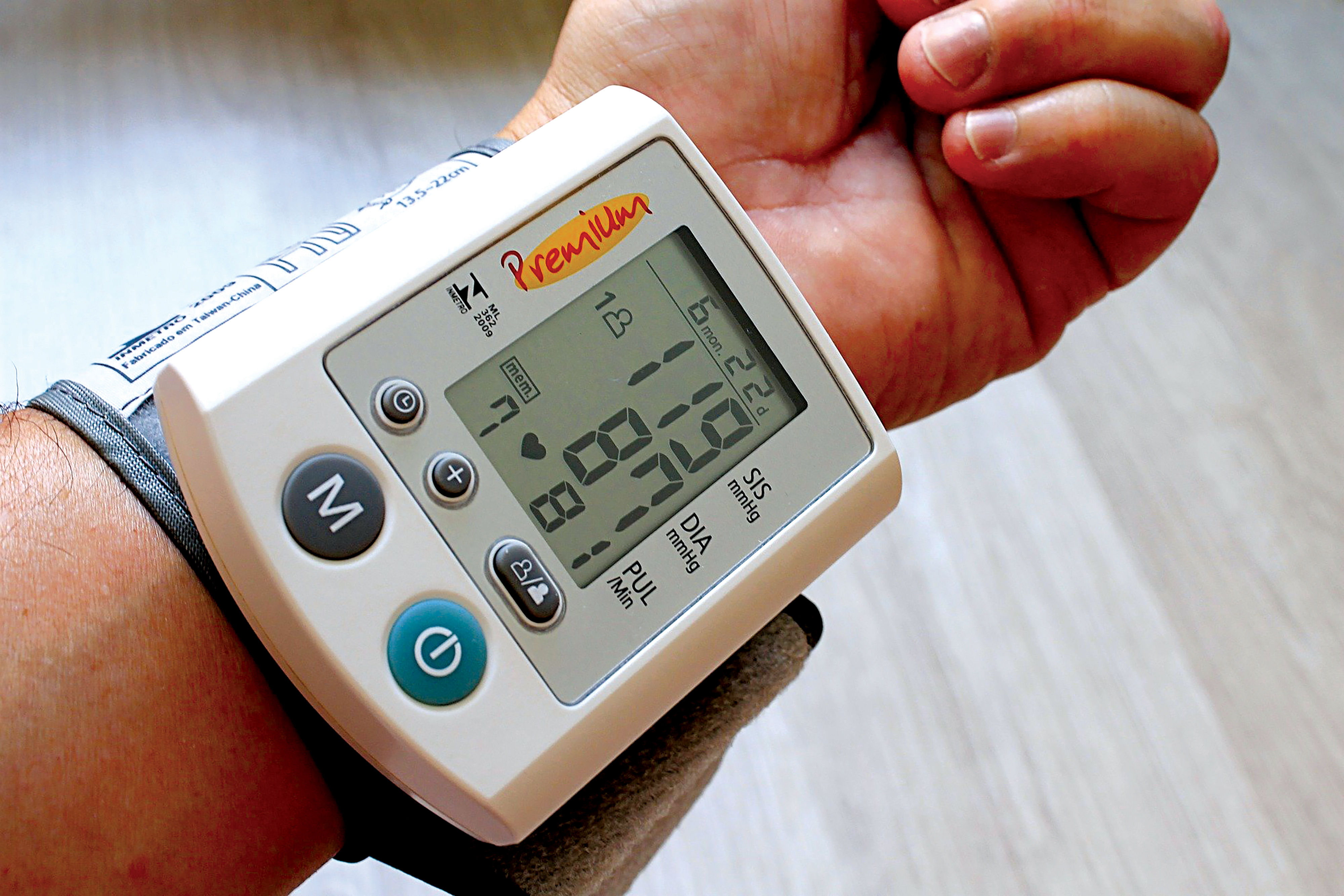It is well known that excessive salt intake leads to high BP but less well known is the ill effect of inadequate intake of potassium. A balanced vegetarian diet is important for patients
It has now become common for older people to record their blood pressure reading at regular intervals, either at home or in a clinic. The average of these readings is taken to assess whether the person suffers from hypertension. Little attention is paid, however, to BP lability (wide fluctuations). And this is the point that Fortis’ Dr Saurabh Bagga, Associate Consultant, Cardiac Sciences, Shalimar Bagh wants to stress.
“It is normal for BP to fluctuate from moment to moment and from day to day and is related to many factors such as physical activity, emotion, position, respiratory cycle, diet, salt, alcohol intake and sleep deprivation,” he says. “Labile hypertension can be asymptomatic or can be accompanied by symptoms such as headache, palpitation or flushes.”
Lability is harmful, he explains further, if the patient has certain medical conditions like chronic aortic dissection, Marfan syndrome, angina or cerebral aneurysm. It is not possible to eliminate hypertension but adequate control is often achievable. Newer devices are on the way which detect lability of hypertension and regulate it accordingly.
But why has hypertension become so common? The answer to this intriguing question comes from Dr Udgeath Dhir, Director and head of Cardiac Surgery at Fortis Memorial Research Institute. “Nowadays, stress related to work, smoking, uninhibited alcohol consumption and irregular sleep patterns are very well correlated with increased blood pressure.”
What about modern diets? Doctors are always cautioning about high sodium (salt) intake but recently, American Society of Nephrology has raised concern over low potassium intake as an inciting factor for hypertension. “Potassium is also an important constituent of body fluid,” Dr Dhir explains. “It resides mostly inside living cells like red blood cells, muscles, tissue, nerves and brain. It is a very important determining factor of cardiac function, especially rhythm.”
In fact, in a US study, urine samples were examined to evaluate potassium deficiency, and it was more strongly correlated than sodium as a cause of hypertension. Another prominent study DASH (Dietary Approaches to Stop Hypertension) is that confirms the same effect, adding that low potassium intake increases the risk of a stroke. Potassium is also necessary to prevent muscular cramps, maintain sugar levels and optimal fluid balance.
“The more potassium you eat, the more sodium you lose through urine,” says Dr Dhir. Potassium also helps to ease tension in blood vessel walls, which helps further lower blood pressure.
So naturally, everybody should know which foods are rich in potassium. A word of caution here: Potassium can be harmful for patients with kidney diseases. So the decision of whether to increase intake of potassium should be discussed with your doctor.
The recommended potassium intake for an average adult is 4,700 mg per day. Citrus fruits, bananas, leafy green vegetables, lemon, coconut water, kidney beans, lentils, zucchini, mushrooms, peas, apricot are potassium rich food. Even energy drinks, ORS solutions and intravenous fluids have balanced amounts of potassium.
In short, a wholesome vegetarian diet would take care of our daily requirement of potassium. But the balance is always delicate, so medical supervision is a must. Hypertension may be a symptom of many other diseases and potassium levels may already be raised in them.
Dr Reshma is an advocate of wellness, prevention and holistic health. Instagram handle: dr.reshmakhattarbhagat





